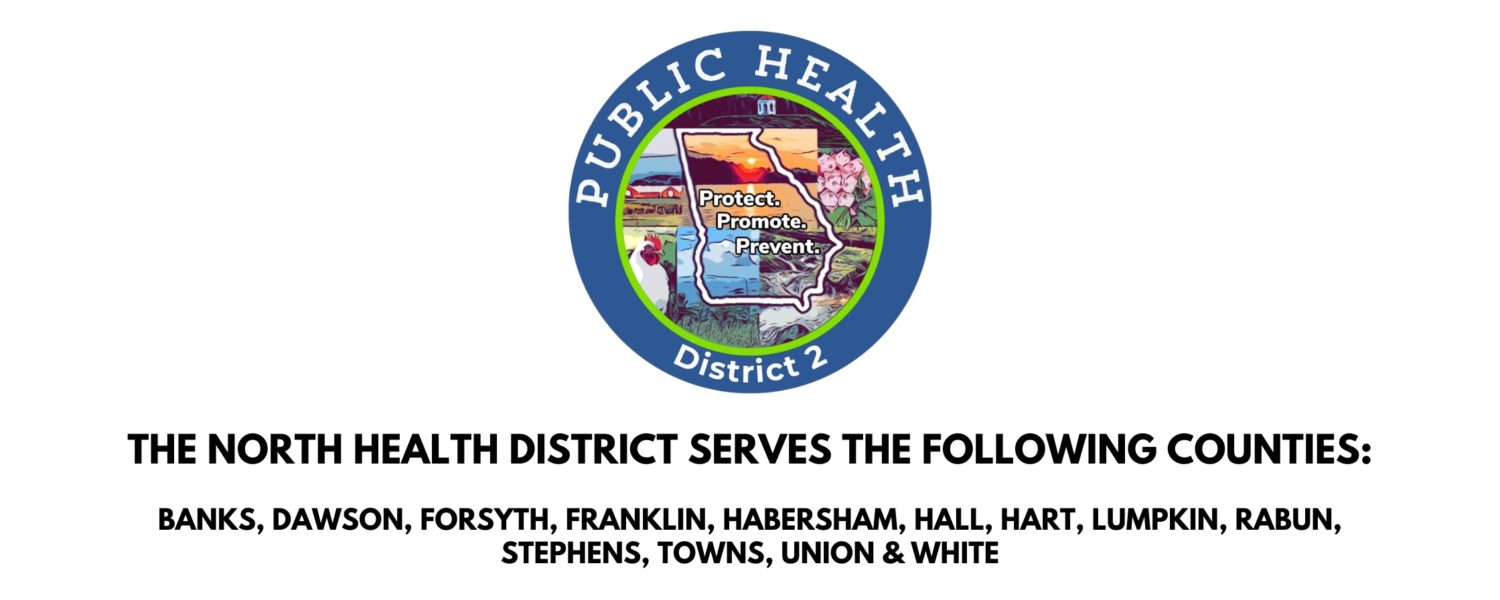FOR IMMEDIATE RELEASE: DATE: January 21, 2024
Eastanollee, Stephens County, GA –
A raccoon in the area of Freeman Creek Road recently tested positive for rabies. Encounters between wild animals and domestic pets, including some that involve people, sometimes occur in our area. Incidents of exposure are common but can be prevented if residents take precautions to protect themselves and their pets. Maintaining current rabies vaccinations for your pets and keeping them away from wild animals is the best way to protect them. To protect yourself and your family, always avoid contact with unfamiliar dogs, cats, and wild animals. This includes feeding or attempting to help an animal that appears injured. If you feed your pets outside, pick up any uneaten food so wild animals, including feral cats, will not be attracted to your property. Feral cats are born in the wild and should be treated as wild animals.
Rabies is a viral infection transmitted in the saliva of infected mammals. Rabies is transmitted when the virus is introduced into bite wounds, open cuts in the skin, or onto mucous membranes, such as the eyes or mouth. The virus enters the central nervous system of the host causing an inflammation of the brain that is almost always fatal. Wildlife remains the most common source of infection for both humans and domestic animals in the United States since the most common carriers of Rabies are raccoons, skunks, coyotes, foxes, and bats.
Public health officials become involved in animal cases where exposure or potential exposure to rabies occurs. The role of public health is to ensure that domestic animals are vaccinated against rabies and to ensure the public is educated and informed about Rabies. In many counties, public health is also responsible for collecting specimens from suspected rabid animals and coordinating testing of the specimen with the state lab. Additionally, public health officials notify individuals who have been exposed to risks and inform them of the need to seek medical care.
Rabies in humans can be prevented by eliminating exposures to rabid animals or by providing exposed persons prompt medical treatment. Post-exposure vaccine can be found at all the major hospitals within District 2 and information about vaccine assistance programs can be obtained from your local Environmental Health Office.
The Georgia Department of Natural Resources has rigid regulations that prohibit the keeping of wild animals. If you see a wild animal acting strangely, avoid the animal and contact the DNR Ranger Hotline at: 1-800-241-4113.
There is no better time than now to ensure that all your pets are currently vaccinated. Rabies prevention facts can be found at https://phdistrict2.org/. For more information about rabies, ask your veterinarian, local health department or go to https://dph.georgia.gov/environmental-health/rabies.
CONTACT: Bobby Ward, Public Information Officer
Bobby.Ward@dph.ga.gov
PH: 770-531-5679 • FAX: 770-535-5958
END
